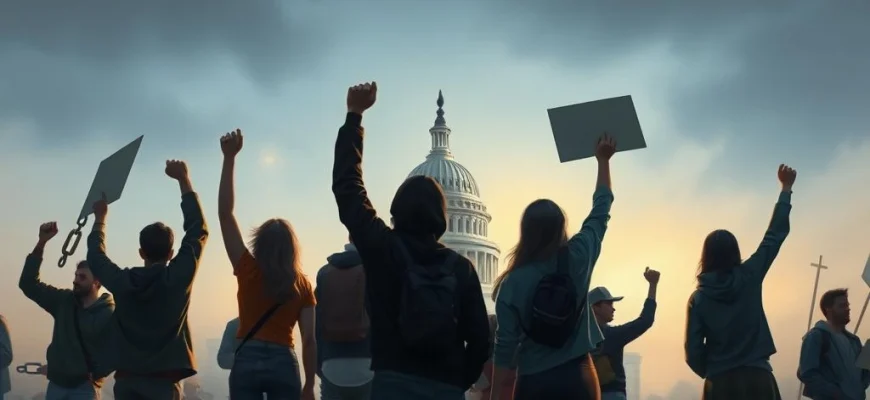If you were moved by the harrowing true story depicted in 'The Ayotzinapa 43: State Crime (2024),' you might be looking for similar films and shows that explore themes of injustice, government corruption, and human rights struggles. This article highlights 10 gripping titles that resonate with the same intensity and emotional depth, offering viewers a deeper understanding of systemic issues and the fight for justice.
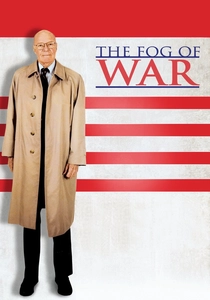
The Fog of War (2003)
Description: Through a former defense secretary's confessions, this film examines how governments justify violence and make decisions that cost countless lives.
Fact: Robert McNamara agreed to 20 hours of interviews reflecting on his role in Vietnam. The film's title comes from military terminology about battlefield uncertainty.
 Watch Now
Watch Now 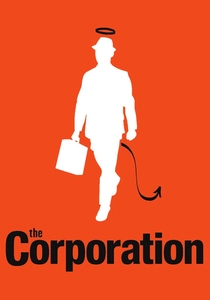
The Corporation (2003)
Description: Analyzes how powerful institutions operate with psychopathic disregard for human life when pursuing their agendas, drawing parallels to state crimes.
Fact: The film uses diagnostic criteria from the DSM-IV to argue corporations behave like clinical psychopaths. It won 26 international awards.
 Watch Now
Watch Now 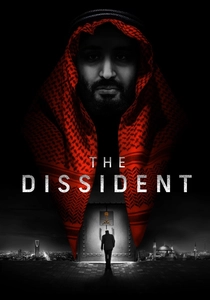
The Dissident (2020)
Description: Exposes state-sponsored murder and cover-ups through the investigation of a journalist's killing, showing how governments silence critics.
Fact: The film reveals never-before-seen security footage of Jamal Khashoggi's murder. It faced difficulties finding distribution due to its sensitive subject matter.
 Watch Now
Watch Now 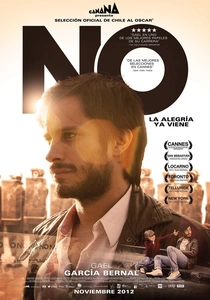
No (2012)
Description: Dramatizes a historic campaign against dictatorship, showing how media and propaganda are weaponized by both activists and oppressive regimes.
Fact: The film recreates 1980s commercials frame-by-frame using original equipment. It was the first Chilean movie nominated for a Best Foreign Language Film Oscar.
 Watch Now
Watch Now 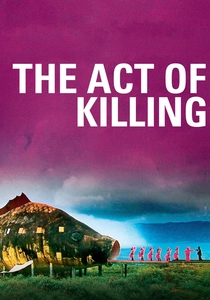
The Act of Killing (2012)
Description: This documentary explores state-sponsored violence and impunity through the lens of perpetrators reenacting their crimes, offering a chilling examination of power and accountability.
Fact: The film's subjects initially believed they were participating in a fictional gangster movie, not realizing the director's true intent. It won the BAFTA for Best Documentary in
 Watch Now
Watch Now 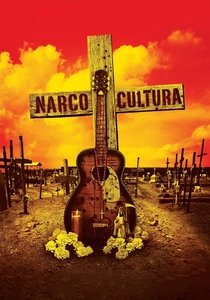
Narco Cultura (2013)
Description: Examines the cultural glorification of drug cartels alongside the brutal realities of the drug war, showing how violence becomes normalized in society.
Fact: The film contrasts Mexican crime scene investigators with musicians who glorify cartels in narcocorridos. It was shot in some of Mexico's most dangerous regions.
 Watch Now
Watch Now 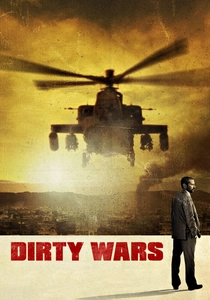
Dirty Wars (2013)
Description: Investigates covert military operations and government-sanctioned killings, exposing hidden mechanisms of state violence and their human costs.
Fact: Journalist Jeremy Scahill risked his life to document secret US operations in Yemen, Somalia and Afghanistan. The film was nominated for an Academy Award.
 Watch Now
Watch Now 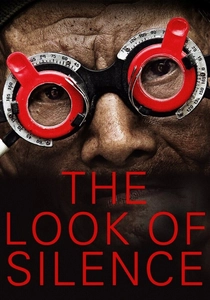
The Look of Silence (2014)
Description: A powerful companion piece about state violence and its aftermath, focusing on victims confronting perpetrators years later to seek truth and reconciliation.
Fact: The director spent years gaining the trust of both survivors and perpetrators before filming. It was banned in Indonesia where the events took place.
 Watch Now
Watch Now 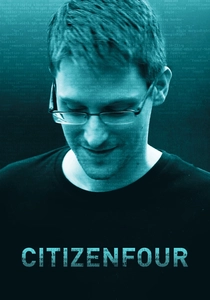
Citizenfour (2014)
Description: A real-time documentary about government surveillance overreach and whistleblowing, revealing how states criminalize truth-tellers to maintain power.
Fact: Laura Poitras began filming before Edward Snowden went public, capturing historic moments as they unfolded. It won the Oscar for Best Documentary Feature.
 Watch Now
Watch Now 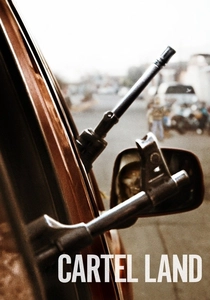
Cartel Land (2015)
Description: A raw look at vigilante groups combating drug cartels, revealing the complex moral ambiguities of fighting organized crime and the blurred lines between justice and lawlessness.
Fact: Director Matthew Heineman embedded himself with dangerous armed groups to capture frontline footage. The film was nominated for the Academy Award for Best Documentary Feature.
 Watch Now
Watch Now 
